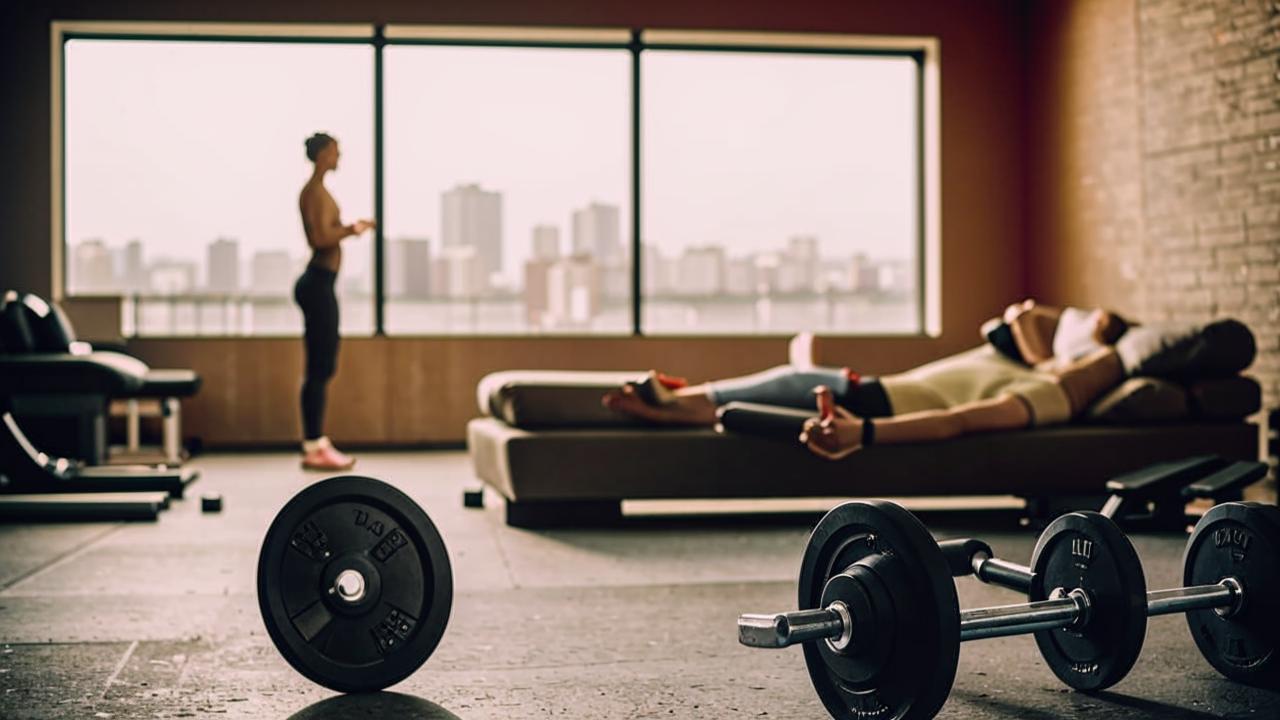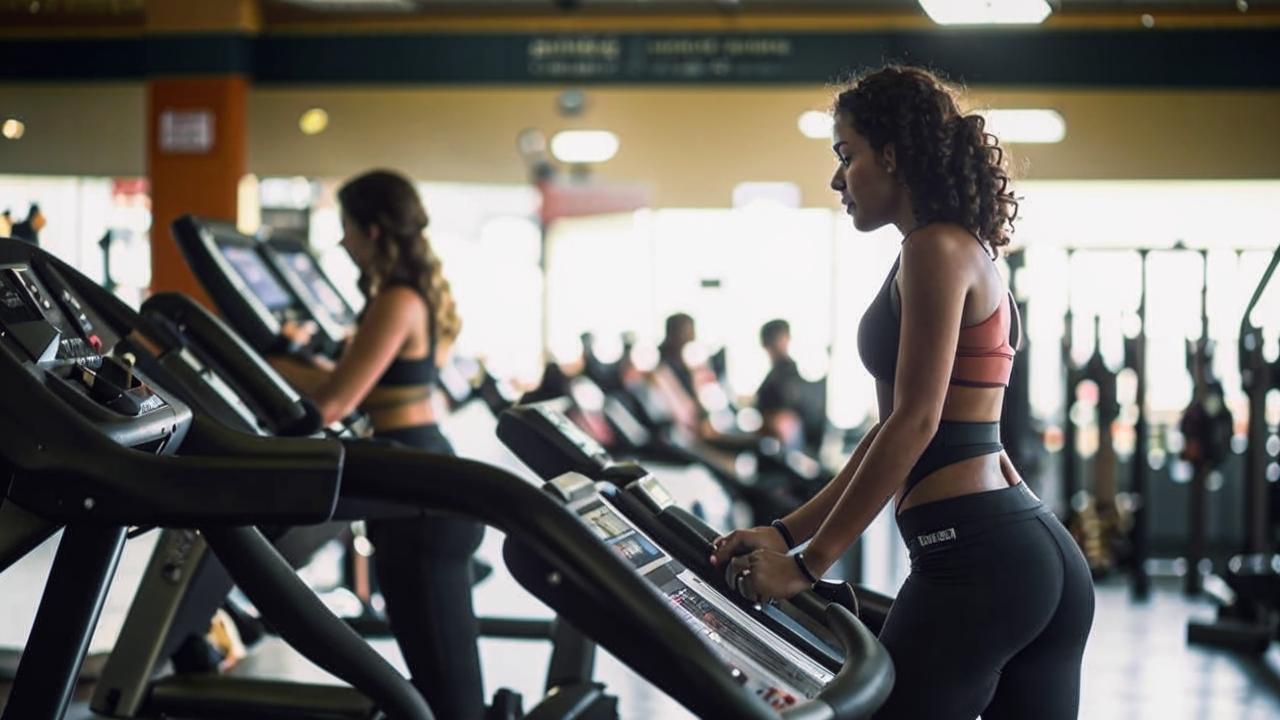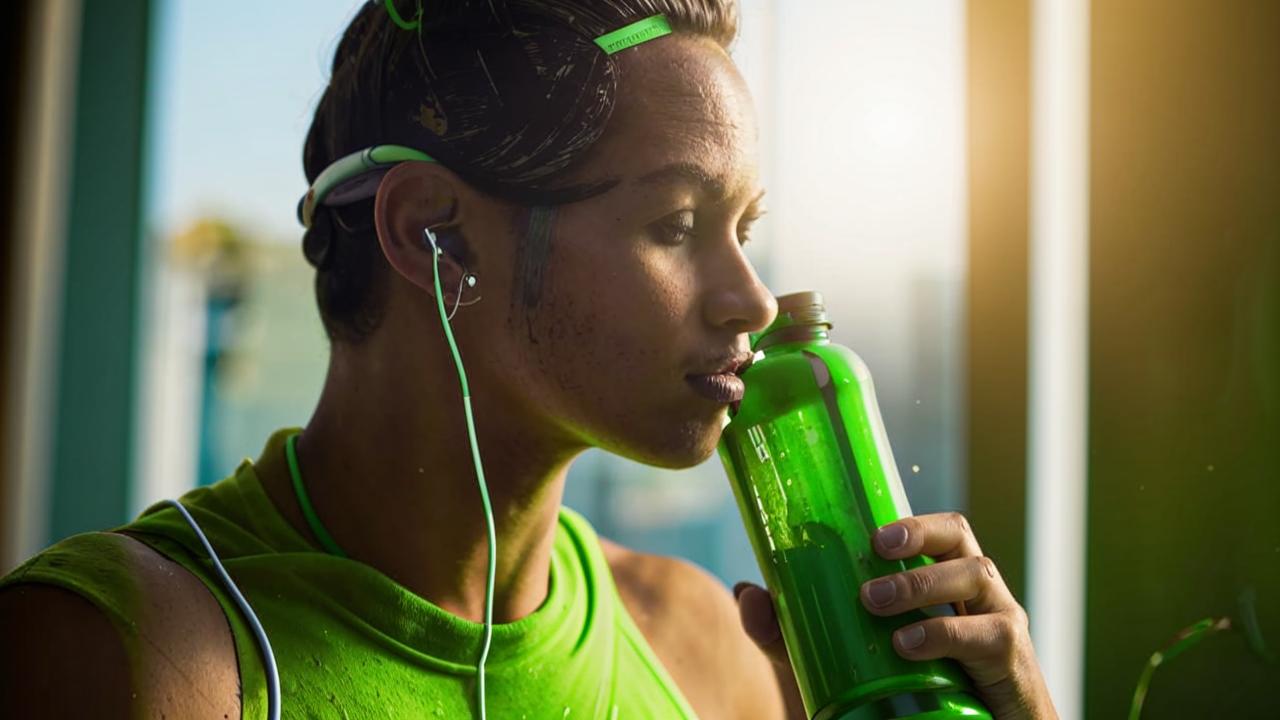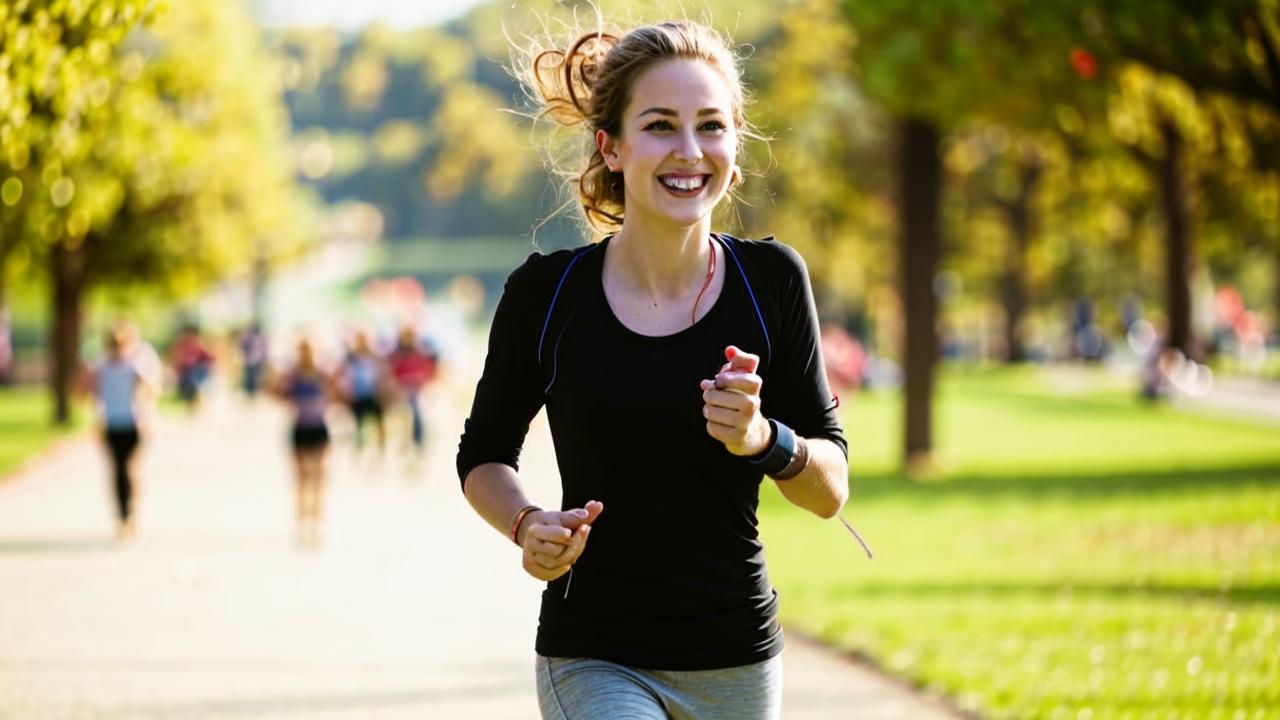Bored, sad and bored? Go to the gym! It has been proven that sport really lifts your mood and even helps to cope with mild depression (I degree). But what to do if it becomes more and more difficult to train every time, and you can’t recover at all after a physical load? We asked this question to Evgeny Grekov, a certified endocrinologist, sports medicine doctor, president of the Association of Independent Experts of the CIS countries in sports endocrinology and nutritionology, chief physician of the Hormone Life clinic and speaker of the International Festival of Health and Sports SN PRO EXPO FORUM.

How to enjoy training?
A person with fully preserved somatic health (i.e. healthy endocrine, nervous, cardiovascular and locomotor systems) can get pleasure after training. To maintain it, it is necessary to monitor the values of the following elements:
Iron
The human body (blood and muscle) contains about 5 g of iron. In tissues, it is involved in processes such as the oxidation of cholesterol to testosterone, estrogens and progesterones, if we are talking about men. In women, iron is involved in the oxidation of cholesterol to testosterone and estradiol. If we talk about the adrenal glands, cholesterol is also converted into such hormone as cortisol under the action of iron-dependent enzymes.
I started my story with these references because our main hormones of happiness – serotonin and dopamine – are dependent on iron, testosterone, estrodiol and progesterone, vitamin D3. Estrodiol deficiency in women causes inflammation of such a deep structure of the brain as the hippocampus. Estrogen deficiency leads not only to decreased serotonin levels, but also to obesity. Patients with estradiol deficiency are not the happiest people, as the hippocampus is secondary to inflammation – and to get positive emotions they start consuming large amounts of carbohydrates – to increase serotonin – but this process only leads to obesity. This is why many mature obese female patients go to the gym and cannot get positive emotions from it. As a consequence – they quit exercising.
For a side note, I can tell you that women have 10 times more testosterone than estradiol. Estrodiol and testosterone deficiency causes, in addition to depression, muscle weakness, decreased muscle and increased fat.

Myokines and cortisol
There are such substances as myokines – these are muscle hormones. They can be produced only against the background of normal estrodiol and testosterone in the body. During muscle work, myokines are released, which stimulate the central nervous system to produce serotonin and dopamine. All of these are produced during intense but short-term physical exertion (game sports). If an athlete is overworked (little rest and more than 40 minutes of intense exercise in the gym), cortisol (the stressor hormone of the adrenal glands) will begin to be produced. If a person continues to exhaust himself with exhausting training, cortisol begins to suppress the production of sex hormones – testosterone and estradiol – and begins to break down muscle proteins, causing overwork. This should not be allowed!
Against the background of overtraining, ammonia is also released, which negatively affects the nervous tissue, worsening mood and cognitive function.

Myoglobin
The iron-dependent protein myoglobin is very important for the athlete. The more of it in the muscles, the easier it is to tolerate physical activity. Myoglobin supplies oxygen to the muscles during exercise. Many people say, “if you yawn during exercise, it’s carbohydrates being wasted”. No! This is the result of iron deficiency, manifesting as the clinical picture of hypoxia. It is difficult to talk about pleasure in physical activity.
B vitamins
If we talk about pleasure from physical activity, it is very difficult to get it in case of deficiency of vitamins B12, B9, because they are necessary for the synthesis of myoglobin and serotonin. Therefore, very often in the composition of a particular product of sports nutrition can be seen vitamins of the B group.

Vitamin D
In order for muscles to be strong, they need vitamin D. In its structure, it resembles the sex hormone – testosterone, consists of cholesterol and in many countries it is called hormone D3. Against the background of a deficiency of this vitamin in children develop muscle atrophy and obesity – the same picture we see in adults. Lack of vitamin D3 – according to the U.S. National Institute of Nutrition (2014) – causes diabetes, colon cancer, prostate cancer, depression, suicidal tendencies, obesity. If a person is not deficient in testosterone and B vitamins, but is deficient in D, the muscles will still not recover, there will be no enjoyment from the physical activity received. Vitamin D3 is absolutely necessary for myokines to be synthesized at the proper level in the muscles.
Iodine and thyroid hormones
Iodine and thyroid hormone deficiency can impair results from exercise. In what ways? The water-electrolyte balance is disturbed and a person begins to literally swell. In addition, against the background of a lack of thyroid hormones increases fat accumulation and reduces fat burning.

How often to exercise to lift your mood?
To train every day is stupid!
Someone will say that he trains different muscle groups, but he forgets that the body has only one reserve. It consists of several parts: ATP, creatine phosphokinase, glycogen and fats, which must be supplied to the muscles during rest. Usually, recovery after physical activity goes up to 48 hours. Therefore, it is better to exercise every other day, but not every day.





